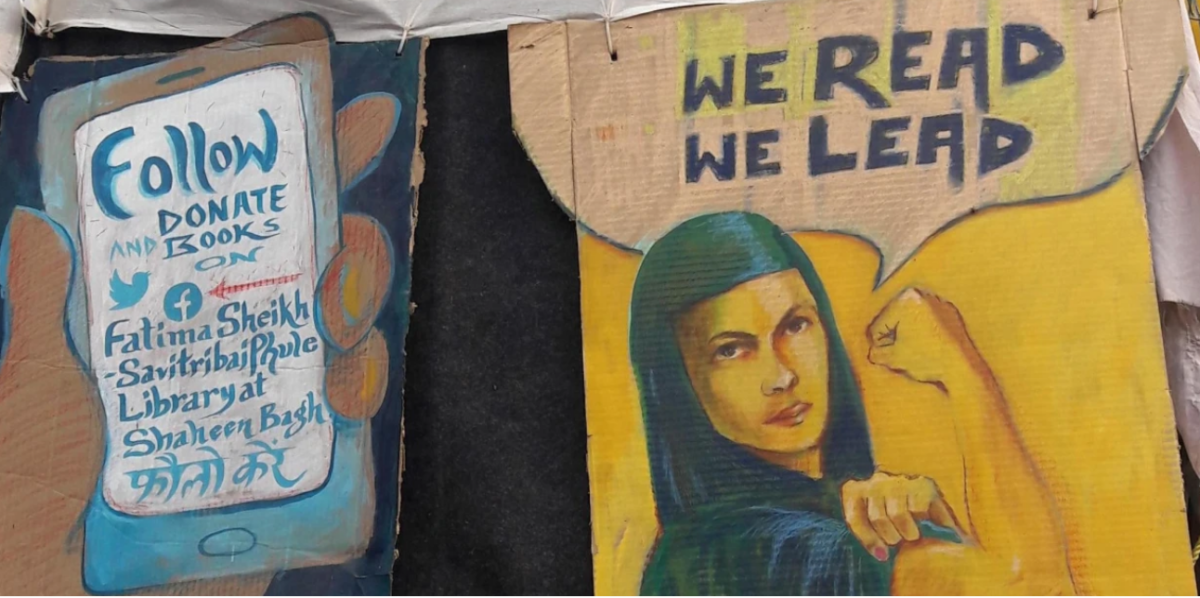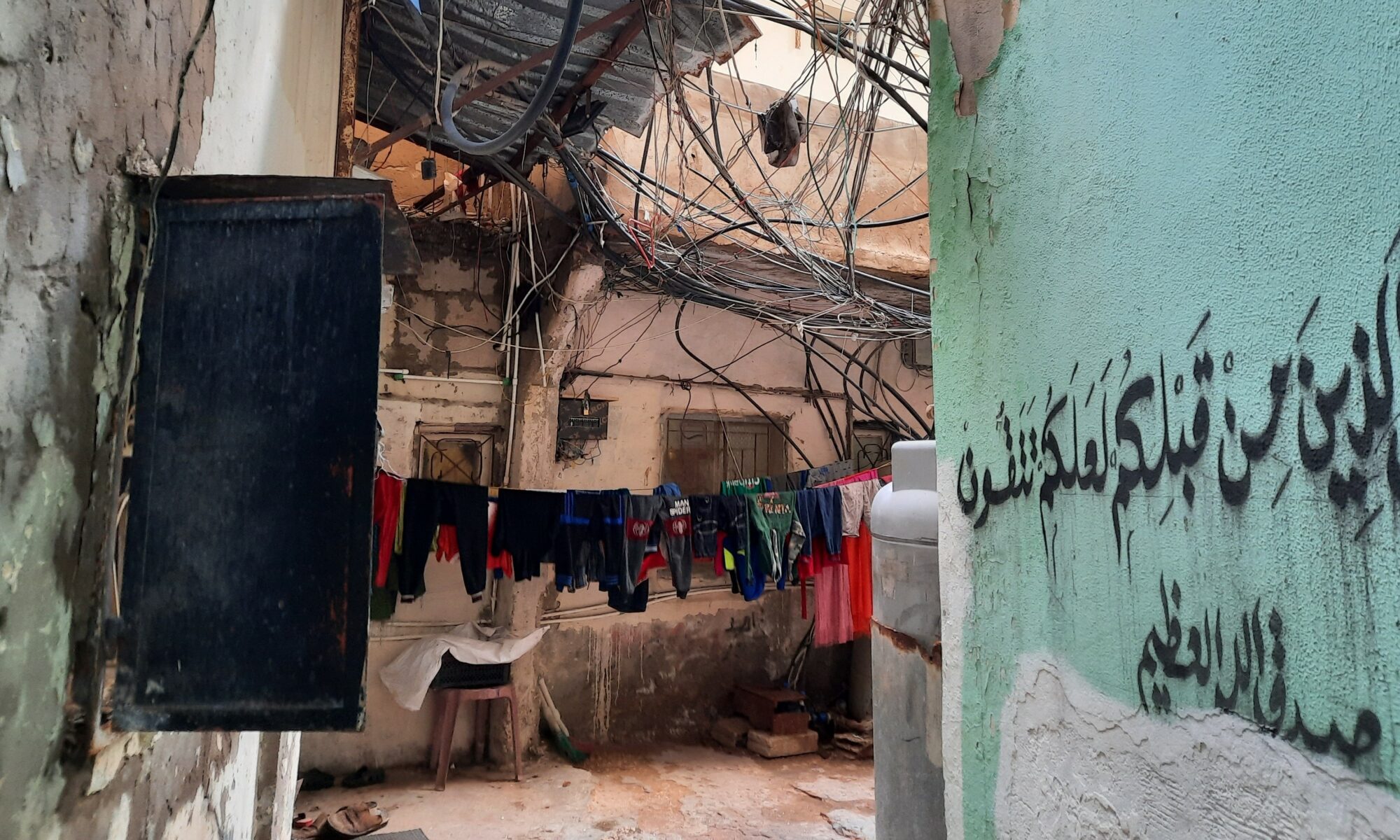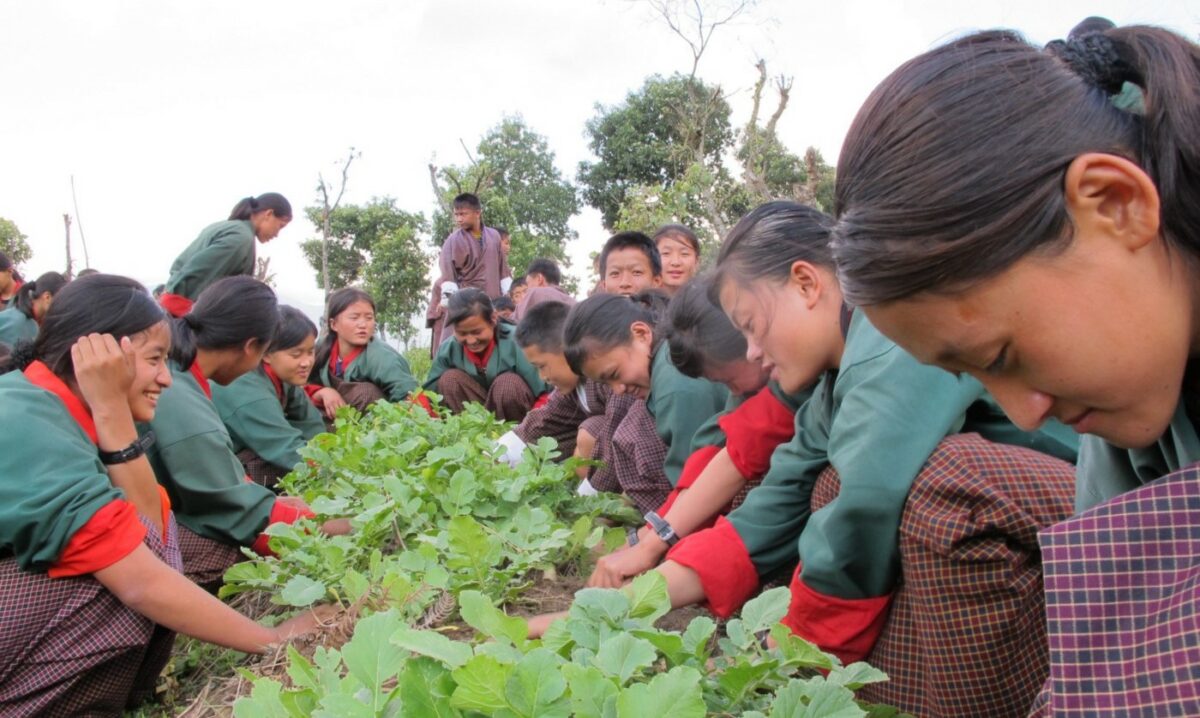By Mette Fog Olwig, Jacob Rasmussen, Lone Riisgaard, Christine Noe, Geetika Khanduja, Peter Taylor, Herbert Hambati, Lisa Ann Richey, Chris Büscher and Paola Minoia / New Rhythms of Development blog series
Development Studies has long operated with binaries such as “developed/developing” and “traditional/modern” that foster implicit assumptions of Northern superiority. As a result, research projects taking place in so-called “developing countries” tend to ask different research questions and use different methods leading to types of theories that differ from those concerning so-called “developed countries.”
Continue reading “What Is a “Development” Research Project? Transforming Ideas of Development through Development Research”




